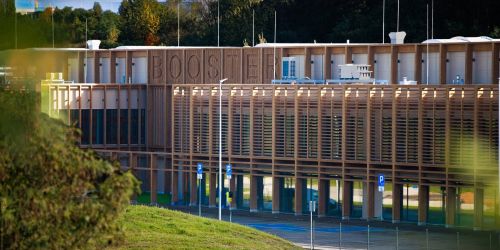Since October 20th, the WIG has been steadily making up for its losses, with just one small dip around November 20th. The change in mood is due to the hope that by Christmas the financial market will have reached a turning point and that the interest rate hikes will come to an end. At least the economy will be able to take a break until the spring of 2023, by when it will become apparent how deep the slowdown – or in some countries, recession – really is. Much will also depend on whether central banks will want to focus their efforts on the fight against soaring inflation or the threat of deep recession. For the stock exchanges around the world, as well as in Poland, there still remain such issues and prospects as a possible de-escalation of the armed conflict in Ukraine, a fall in the price of raw materials (due to the lower demand caused by the slowdown), and whether Poland is ever going to receive EU funds from the National Reconstruction Plan.
The week of October 21st

























































